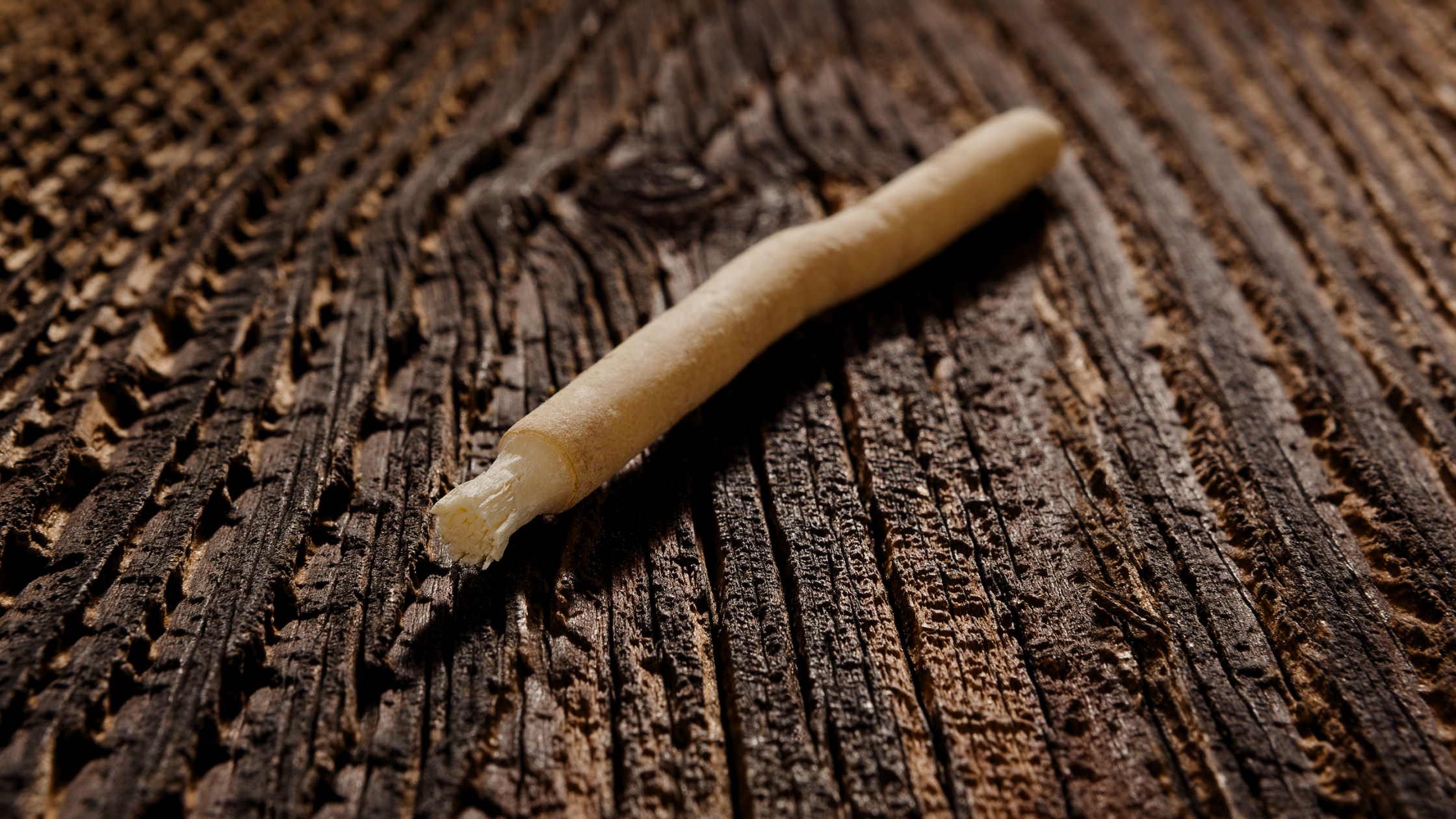
The Importance of Time Management in Islam: Tips and Strategies for Effective Planning
Time is a precious gift from Allah, and effective time management is crucial for achieving success and spiritual growth in Islam. As Muslims, we are called upon to make the most of our time in this world, and to use it wisely for the benefit of ourselves and others.
In the Qur'an, Allah says: “And We have made the day and night two signs, and We erased the sign of the night and made the sign of the day visible, that you may seek bounty from your Lord and may know the count of years and the calculation [of time]. And everything We have set out in detail.” (Qur'an 17:12)
This verse highlights the importance of time and how it is a sign of Allah's power and mercy. By using our time wisely, we can seek blessings and rewards from Allah, and also gain knowledge and wisdom.
In addition to this, there are many ahadith that emphasize the importance of time management in Islam. For example, the Prophet ﷺ said: "Take advantage of five before five: your youth before your old age, your health before your illness, your wealth before your poverty, your free time before you become busy, and your life before your death." (Shu'ab al Iman)
This hadith reminds us that time is limited and we should make the most of it while we can. By managing our time effectively, we can make the most of our youth, health, and wealth, and also prepare for the afterlife.
Here are some tips and strategies for effective planning:
-
Set Priorities: The first step in effective time management is to set priorities. This means identifying the most important tasks and goals in your life, and focusing on them first. As Muslims, our top priority should be to worship Allah and follow His commands, but we may also have other important goals such as education, work, family, or community service. By setting priorities, we can ensure that we are using our time wisely and achieving our most important goals.
-
Break Down Goals into Manageable Tasks: Once you have identified your priorities, the next step is to break down your goals into manageable tasks. This means breaking down big goals into smaller, more manageable tasks, and setting deadlines for each task. By doing this, you can avoid feeling overwhelmed or stressed, and you can make steady progress towards your goals.
-
Use an Islamic Planner: Using an Islamic planner can be a great way to manage your time effectively as a Muslim. An Islamic planner can help you organize your tasks and goals, while also providing space for daily Quranic reflections, duas, and reminders of important Islamic dates and events. By using an Islamic planner, you can stay focused on your spiritual goals and connect with Allah throughout your day.
-
Avoid Procrastination: Procrastination is one of the biggest obstacles to effective time management. To avoid procrastination, try to break tasks down into small, manageable steps, and set deadlines for each step. Also, try to eliminate distractions such as social media, TV, or unnecessary phone calls or messages, and focus on the task at hand.
Effective time management is crucial for achieving success and spiritual growth in Islam. By setting priorities, breaking down goals into manageable tasks, using an Islamic planner, and avoiding procrastination, you can make the most of your time in this world and use it wisely for the benefit of yourself and others. Remember that time is a precious gift from Allah, and we should use it wisely and with gratitude for all the blessings in our lives.



Leave a comment
This site is protected by hCaptcha and the hCaptcha Privacy Policy and Terms of Service apply.